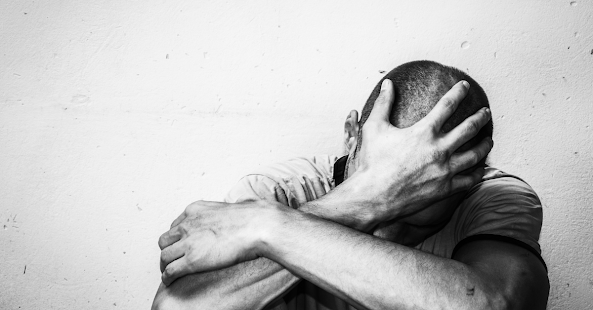Navigating the Shadows: Coping with Depression and Knowing When to Seek Professional Help
Introduction
Understanding Depression
Depression is a serious mental health disease that extends beyond passing blue moods. It is characterized by a persistent low mood, lack of motivation, and an inability to experience pleasure in activities once enjoyed. Depression can cause physical symptoms including changes in eating and sleep patterns, interfere with daily activities, and strain relationships.
Coping Strategies for Depression
Although coping with depression can be difficult, there are a number of methods that can help people manage the condition and reclaim control over their lives:
Speak with dependable friends, family members, or support groups to get social support. Talking about your feelings and sharing your experiences can alleviate the burden of depression.
Engage in physical activity: Exercise has been shown to boost mood and release endorphins, which can help alleviate symptoms of depression. Incorporate regular physical activity into your routine, whether it's walking, yoga, or any form of exercise you enjoy.
Establish a routine: Creating structure in your day can provide a sense of stability and purpose. Set daily goals, prioritize self-care activities, and ensure you have time for relaxation and hobbies.
Practice self-compassion: Be kind and patient with yourself. Treat yourself with the same care and understanding you would offer to a loved one. Use strategies for self-care that make you feel happy and relaxed.
Utilize relaxation techniques: Engage in relaxation techniques such as deep breathing, meditation, or mindfulness exercises to reduce stress and promote a sense of calm.
Knowing When to Seek Professional Help
While coping strategies can be beneficial, there may come a time when seeking professional help becomes essential for managing depression effectively. Here are some signs that indicate it's time to consult a depression doctor:
Persistent symptoms: If you experience symptoms of depression for more than two weeks and they interfere with your daily life, it's crucial to seek professional evaluation. This includes feelings of intense sadness, hopelessness, or a loss of interest in activities once enjoyed.
Self-harm or suicide thoughts: It's crucial to get help right away if you frequently consider self-harm or suicide. Speak with a mental health expert or call a helpline in your nation.
Inability to function: If depression hampers your ability to carry out everyday tasks, such as going to work or taking care of personal responsibilities, seeking professional assistance is crucial.
Previous unsuccessful attempts: If you have tried coping strategies or self-help techniques without significant improvement, a depression doctor can provide a comprehensive assessment and recommend appropriate depression treatment options.
Impact on relationships: If depression is straining your relationships or causing conflicts with loved ones, a mental health professional can help you navigate these challenges and restore healthy communication.
Conclusion
Depression is a formidable adversary, but it's important to remember that you don't have to face it alone. By implementing coping strategies and recognizing when professional help is needed, individuals can effectively manage their depression and reclaim their lives. If you have persistent depressive symptoms that affect you Speak to a depression doctor in coimbatore about your everyday activities and general wellbeing. They may offer the assistance, direction, and treatment that you need. specialized treatment necessary to help you on your journey to recovery. Remember,




Comments
Post a Comment